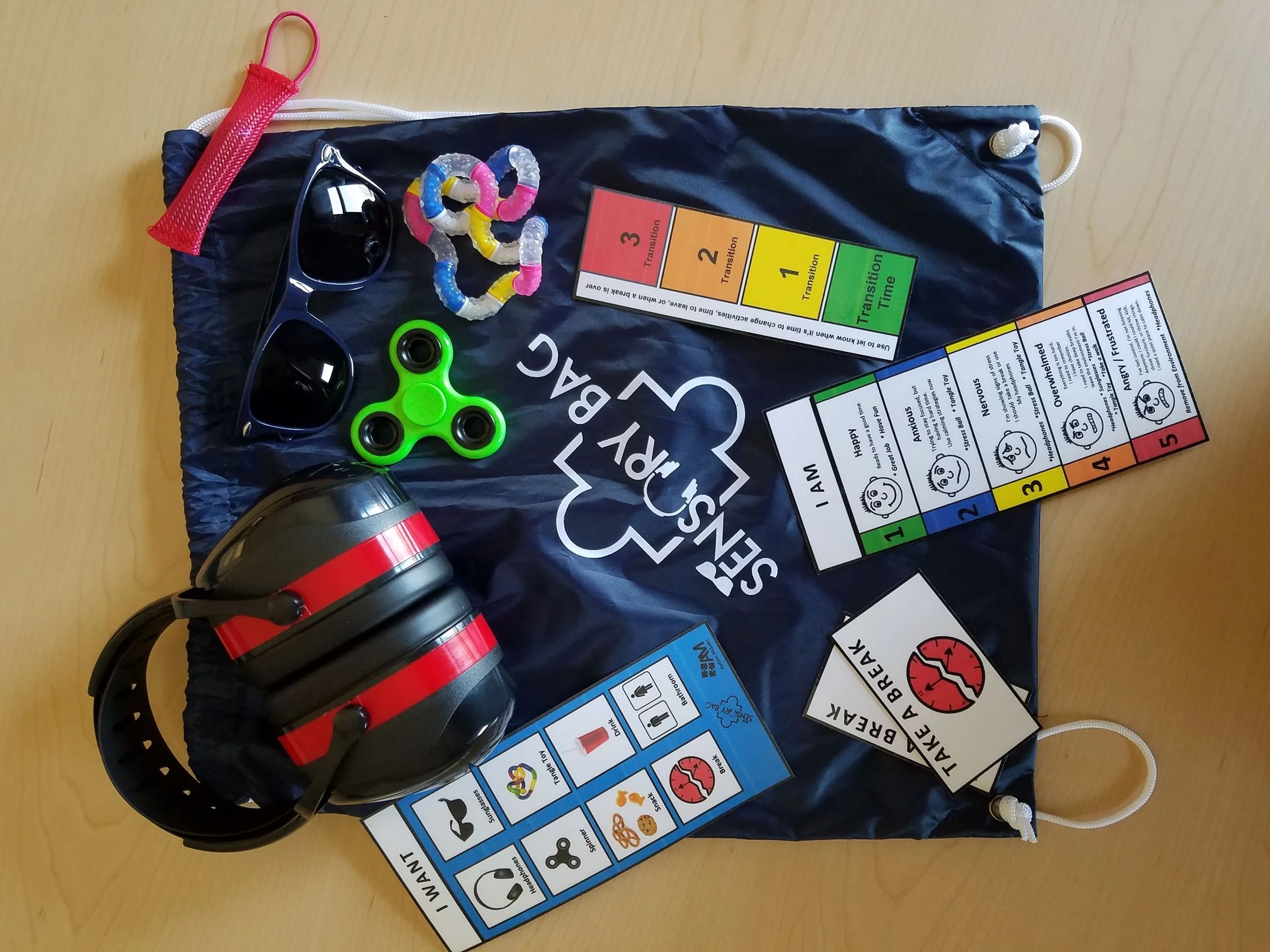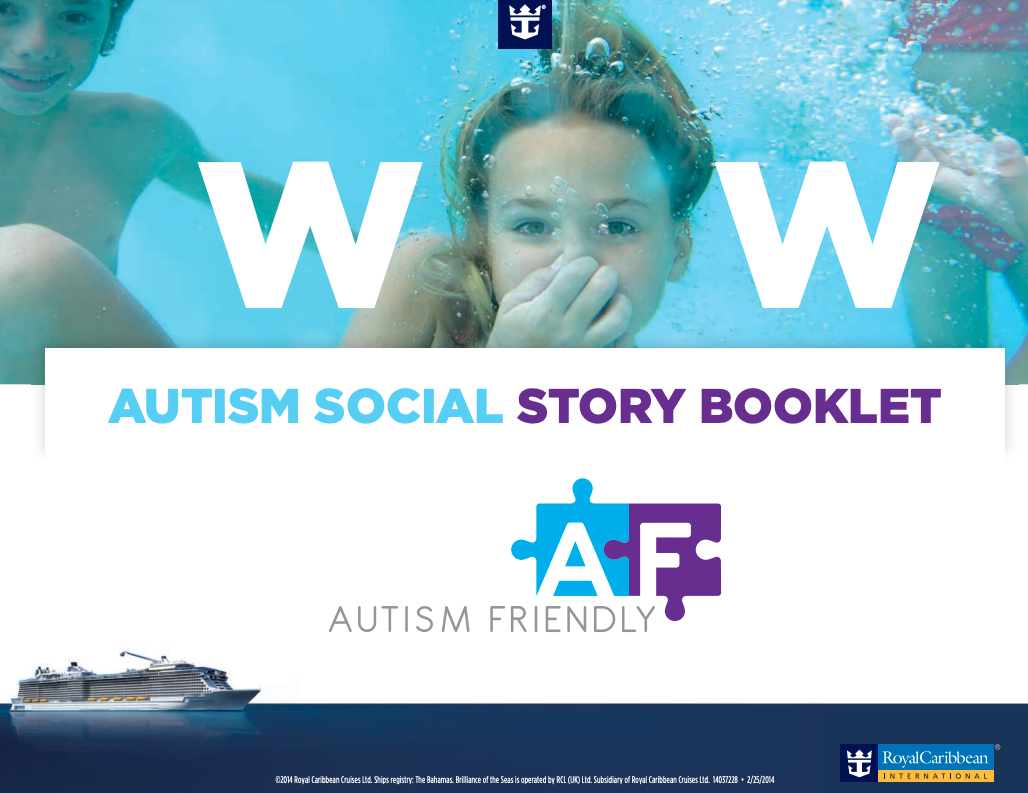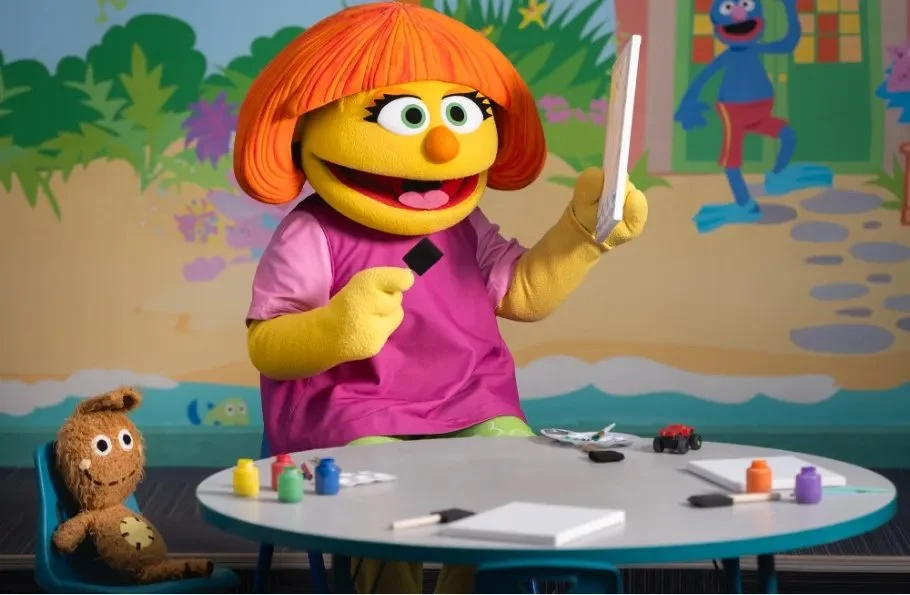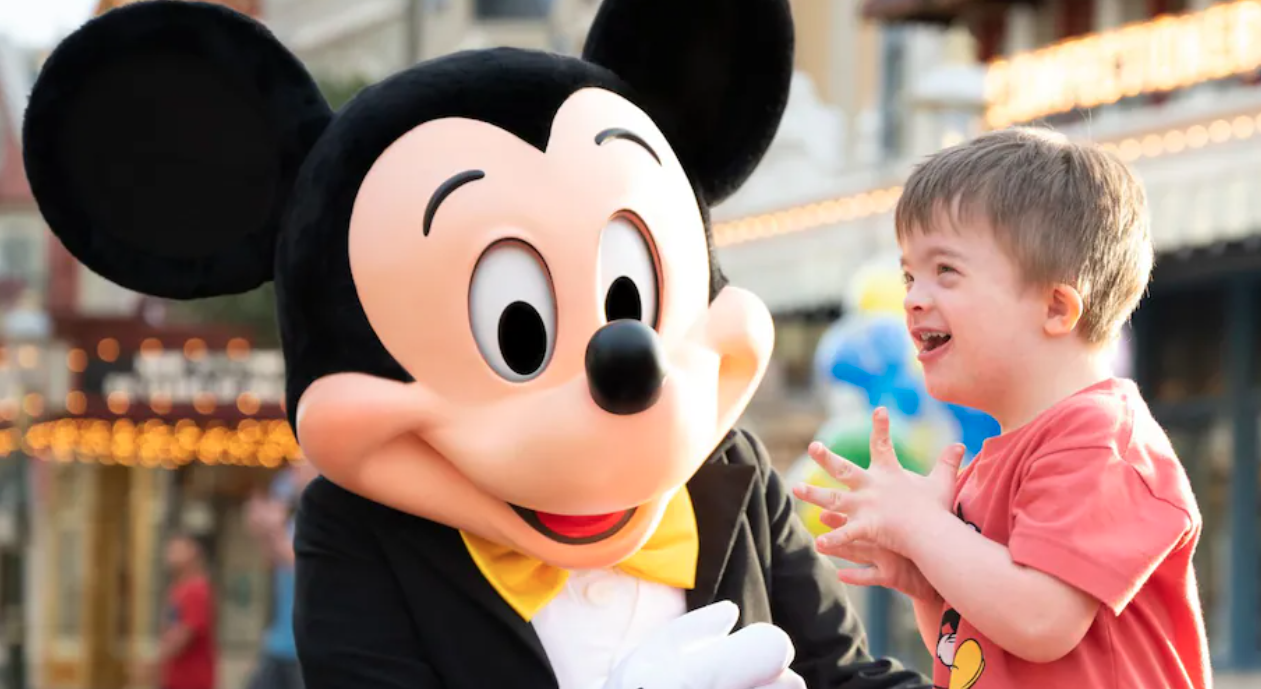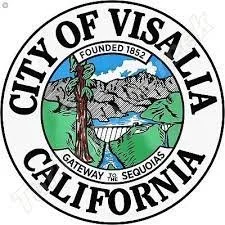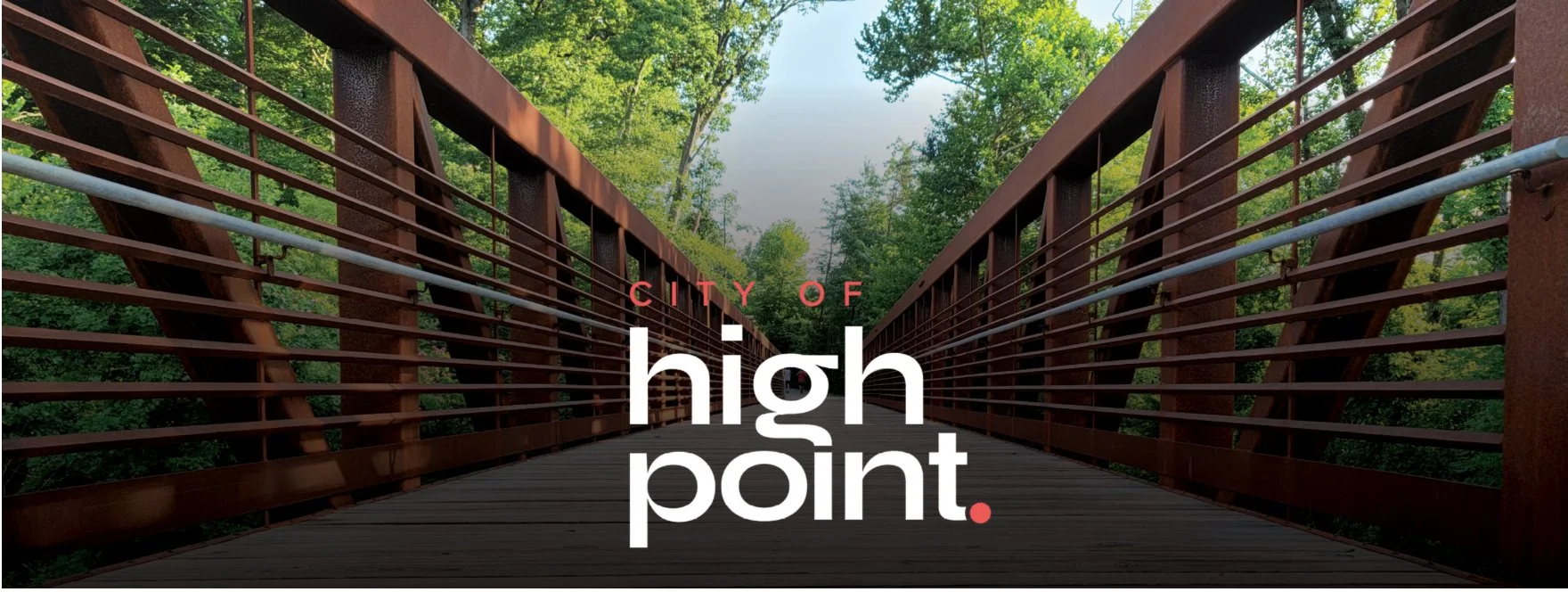Tips for the Neurodivergent Traveler
Planning a family vacation is exciting, but for some folks it can be complicated, too. As visions of fabulous memories begin to form, so do the specific needs of each traveler. For families that include individuals with Autism Spectrum Disorder (ASD) or other neurodivergent challenges, vacation planning requires even more forethought as changes in daily routines, large crowds, or new noises and sights can quickly derail an amazing trip. Individuals with ASD or other cognitive challenges may need flexibility in daily activities, dietary tweaks, or quiet spaces to regroup when overstimulated. With an estimated 1 in 5 individuals now diagnosed with an invisible disability, travel vendors have recognized the need to not only acknowledge but also embrace all neurodivergent visitors.
While every individual’s needs differ, this blog will focus on ASD. By nature, travel is a departure from a familiar routine which can create anxiety and discomfort for anyone, especially those on the spectrum. For decades, vacation destinations have offered accessibility for folks with physical disabilities. Today, those same destinations are answering the call for adaptation for guests with cognitive differences. As recognition of sensory and social challenges has increased, so has training, support, and certifications for travel industry leaders.
Traveling made easier for ASD Families
Airports
The Transportation Security Administration (TSA) now allows screening for those with non-visible differences without separating them from caregivers. Many airports now offer “walk-throughs” via their public relations office so ASD travelers can experience the sights and sounds of the airport before their travel day.
Delta and United now offer social stories and familiarization tours, allowing future flyers to experience a walk-through security and gate check-in. They can even practice boarding an airplane. Larger airports have installed quiet rooms to alleviate stress while waiting. Airlines also offer early or late boarding (depending on preference) for those who may find traditional boarding too stressful.
Before you travel, check with your airport’s PR office for its specific adaptive options. Many large airports now partner with the Hidden Disabilities Sunflower organization which gives travelers a green lanyard to discreetly signal staff of an invisible disability and the potential need for additional support.
The Sunflower lanyards are recognized at over 200 airports worldwide and are available for over 900 non-visible disabilities, including ASD. Other places like restaurants, businesses, theme parks, and more are also recognizing this lanyard and what special accommodations may be required.
Educational Destinations
Families that want to include education on their vacation will find aquariums, museums, or zoos that can ensure a pleasant visit with the help of staff dedicated to providing accessibility to ASD families. Before travel, ASD families can pre-plan their itinerary and details of their visit from the comfort of their homes. Check out these spots for your vacay plans.
The Philadelphia Museum of Art - Download the PMA for All app which allows families to create a detailed schedule, access a sensory-friendly map, and gain inside tips. The app also includes interactive games for visitors.
Monterey Bay Aquarium - Grab a sensory bag for noise-reduction headphones and a variety of tactile objects to use during their visit.
The Science Museum of Virginia - Located in Richmond, this museum partners with Commonwealth Autism and the Autism Society of Central Virginia to provide disability-specific training for staff. SMVA offers a Curiosity Guide for a detailed, pre-visit walkthrough for guests, including details on exhibits that may be overstimulating.
Many museums and aquariums have exhibit sensory cards, giving visitors an overview of what stimuli to expect at each stop. Sensory backpacks may also be available with noise-canceling headphones, fidget toys, sunglasses, and more to alleviate on-site stress
Cruise Lines
With early boarding and priority departure, cruise lines are working to ensure that travel for ASD families is an enjoyable experience throughout their trip. Many offer social stories, virtual ship tours, and adaptive shore excursions. Cruise lines are working with staff in their onnboard kids clubs, providing specialized training to assist ASD participants.
Royal Caribbean Cruise Line leads the industry in ASD-friendly cruising with autism-friendly films in low-lit, low-volume theaters where guests are encouraged to talk and walk freely, as well as cruising social stories, a toy-lending program, and more. Carnival Cruise Line has paired with KultureCity, a nonprofit dedicated to inclusivity, to create sensory bags for guests needing additional support. These sensory bags include noise-canceling headphones, fidget tools, and a KultureCity lanyard to signal staff that assistance may be needed.
Ready to cruise but leary about the trip to the departure port? Many cruise lines have ports within easy driving distance from major airports and some with smaller ships, making the entire process just a little simpler. On the East Coast, Carnival Cruise Lines uses Norfolk as a homeport. Just north, Carnival and Royal Caribbean sail from the Port of Baltimore. New Jersey’s Cape Liberty Cruise Port is home to Royal Caribbean and Celebrity ships, and Norwegian will begin sailing out of Philadelphia in early 2026.
Hotels & Resorts
Looking for an adventure where you can leave all your responsibilities behind? Then an all-inclusive vacation is a great option. As the needs of ASD families have increased, so has the ability to customize stays at many hotels and resorts. From alternative dietary options, calming decor, or assistance with activity planning, hotel and resort staff now receive regular training to handle all needs.
Sandals’ family-friendly Beaches resorts was the first all-inclusive to require company-wide training for staff to ensure every guest has access to its award-winning Beaches Luxury Included experience. Onsite childcare staff receive ongoing education in sensory awareness, autism program development, emotional awareness, and more.
At Beaches Negril, Ocho Rios, and Turks & Caicos properties, Sesame Street’s autistic character, Julia, welcomes children with arts & crafts as well as other other engaging activities.
Theme Parks
Many theme parks are now training employees who interact with the public to better recognize the needs of ASD visitors, including being on the lookout for moments when suggesting a sensory break may be appropriate. There are also now sensory rooms strategically placed throughout the property, and parks are working to reduce long, crowded lines that may cause overstimulation for those with ASD. Some even offer sensory hours when occupancy is limited to those with cognitive differences.
Traveling to Walt Disney World? Ask about the Disability Access Service feature within the My Disney Experience app. When activated, DAS allows guests to schedule boarding times at various attractions without joining the traditional queue.
Other Accommodations to Explore
Boarding Passes that allow ride times to be reserved in advance, reducing wait times and providing a clear schedule for the day.
KidTrack wristbands ensuring parties can be reunited quickly should they become inadvertently separated.
Rider Swaps giving one guest the chance to experience an attraction while the other waits with a non-rider before swapping places. This also allows the non-rider a quiet, cool place to rest.
Touchdown areas located throughout the park provide a place for those who may experience sensory overstimulation to take breaks when needed.
Visit these three U.S. Autism Certified Cities
Mesa, Arizona was the first-ever Autism Certified City in the world and is recognized as one of the most family-friendly cities in the U.S. With over 50 businesses carrying the Certified Autism Center badge, visitors are welcomed by staff trained to recognize and cater to the needs of ASD travelers. From virtual tours to autism-friendly itineraries to downloadable sensory guides, Mesa continues to be a gold-star destination for the ASD community.
Visalia, California hosts autism training for local businesses as part of its long-term commitment to accessibility and inclusion. Currently, over a dozen of this city’s hotels and attractions have completed training. Many of those businesses are also partnering with other popular California destinations to provide additional vacation opportunities such as an autism-friendly road trip or adaptable National Park tours.
High Point, North Carolina is the first Certified Autism Destination on the East Coast. Local leaders have aimed to create a travel experience that goes beyond basic ADA compliance by training community members and businesses to understand the needs of those with cognitive differences. High Point is just three hours away from the Richmond area – perfect for a few days away!
As understanding of the specific needs of individuals with ASD evolves, the world will continue to open up for this community. Travel can be incredibly challenging for those hypersensitive to stimuli, often causing them to avoid travel and bucket-list-worthy vacations and potentially missing out on amazing experiences. With greater access to educational materials and hands-on training, the travel industry is becoming better equipped to partner with families and create itineraries that meet the individual needs of ASD guests.
When planning family vacations, communicate the specific needs of everyone in your travel party. Working with a Certified Autism Travel Planner can be super beneficial as you’ll have a wealth of information on ASD-friendly travel options at your fingertips. Get in touch with us and we’ll connect you with the Adventure Specialist who can ensure your adaptive travel needs will be met.
Jyl Barlow
The only thing Jyl loves more than travel is sharing that love with others through planning the most perfect adventures or writing about her own time exploring the world.



